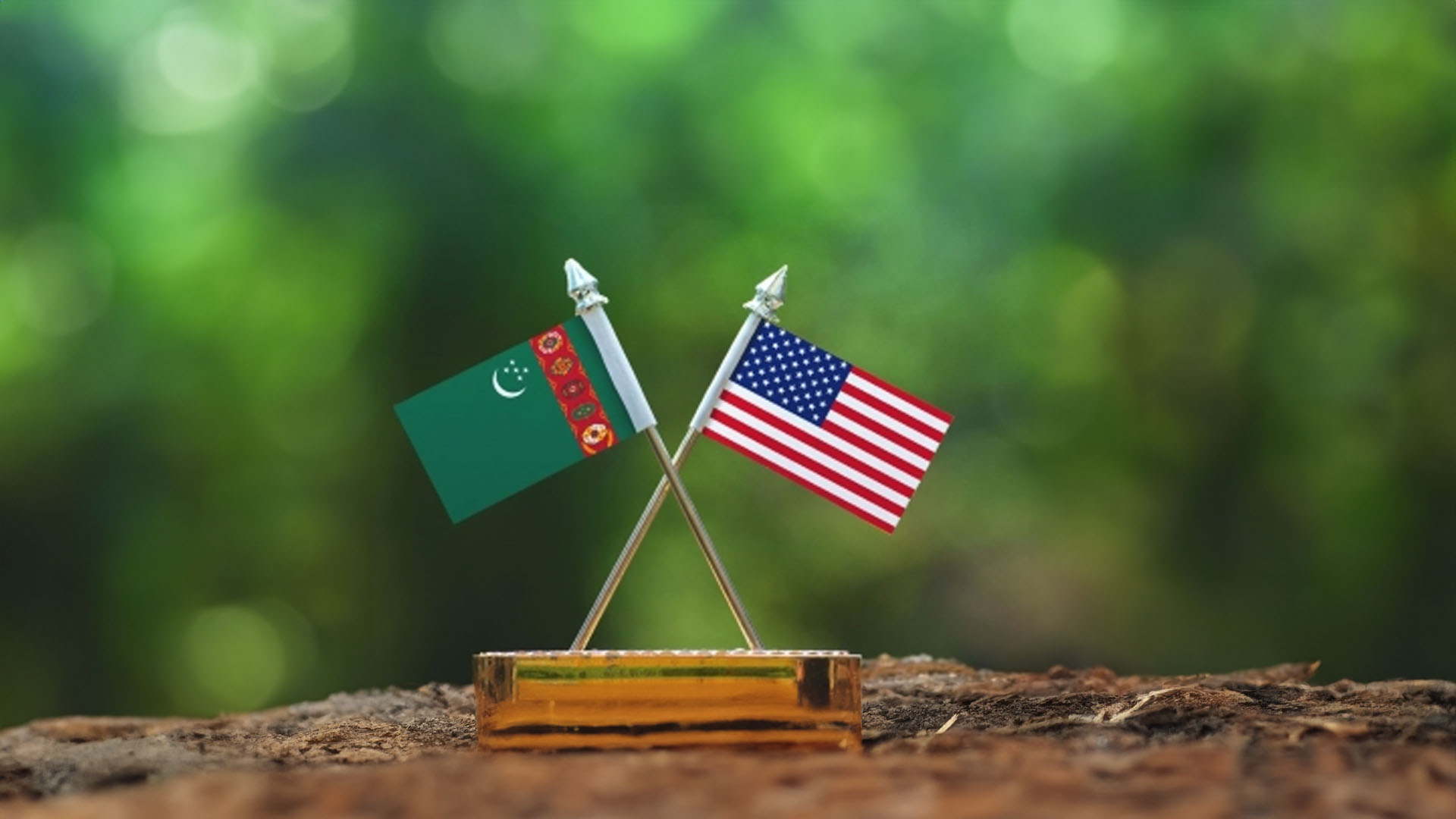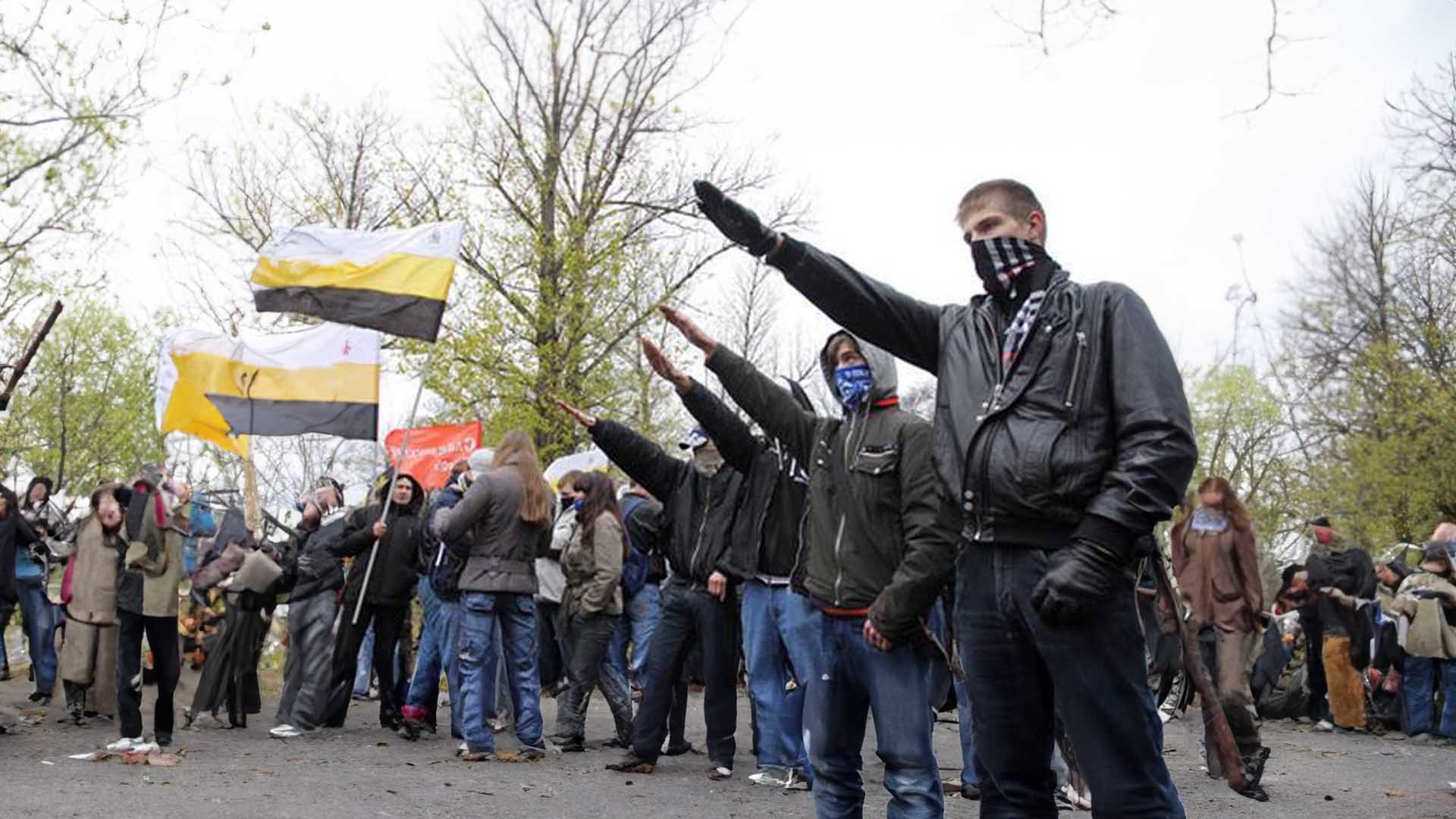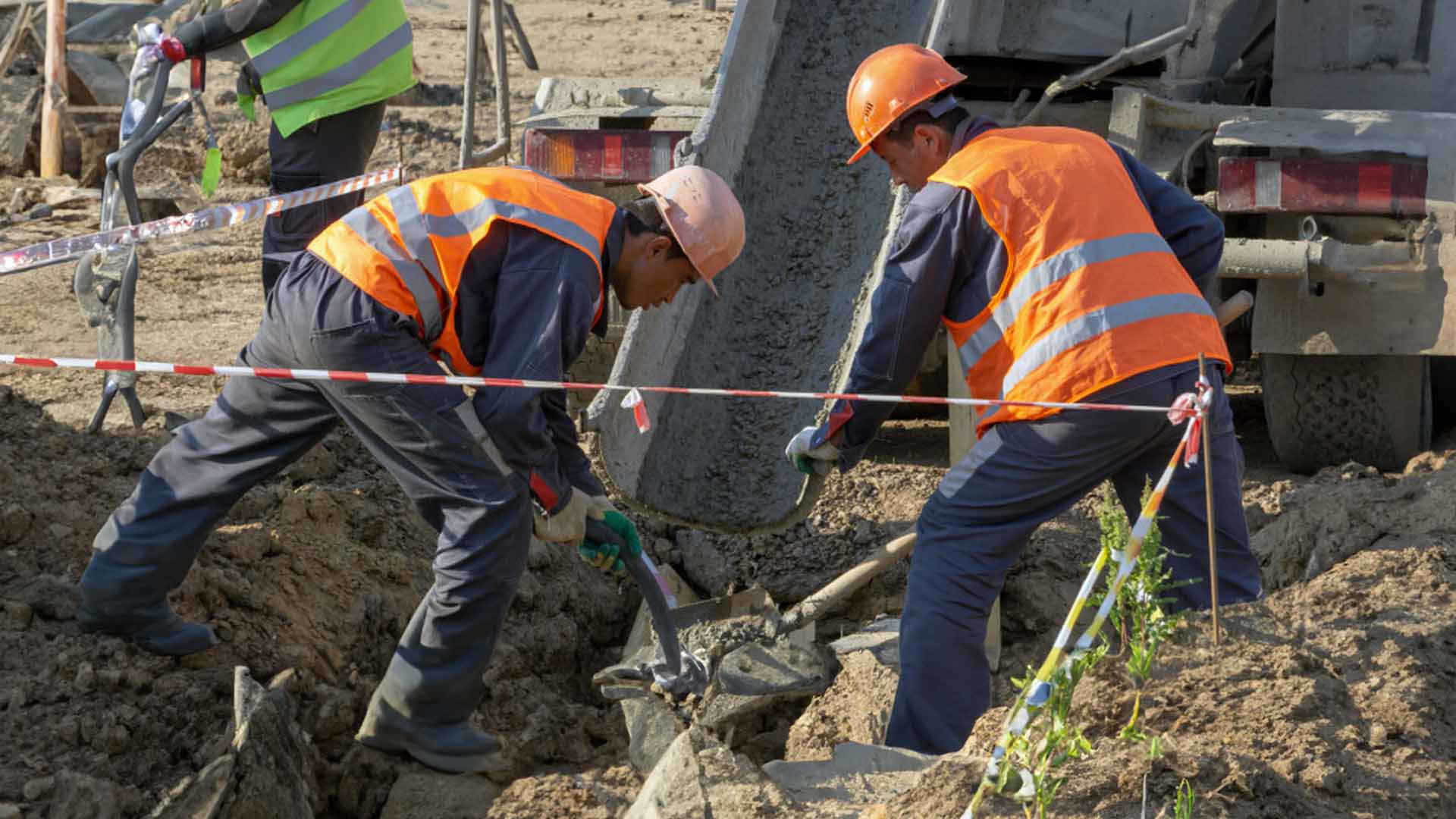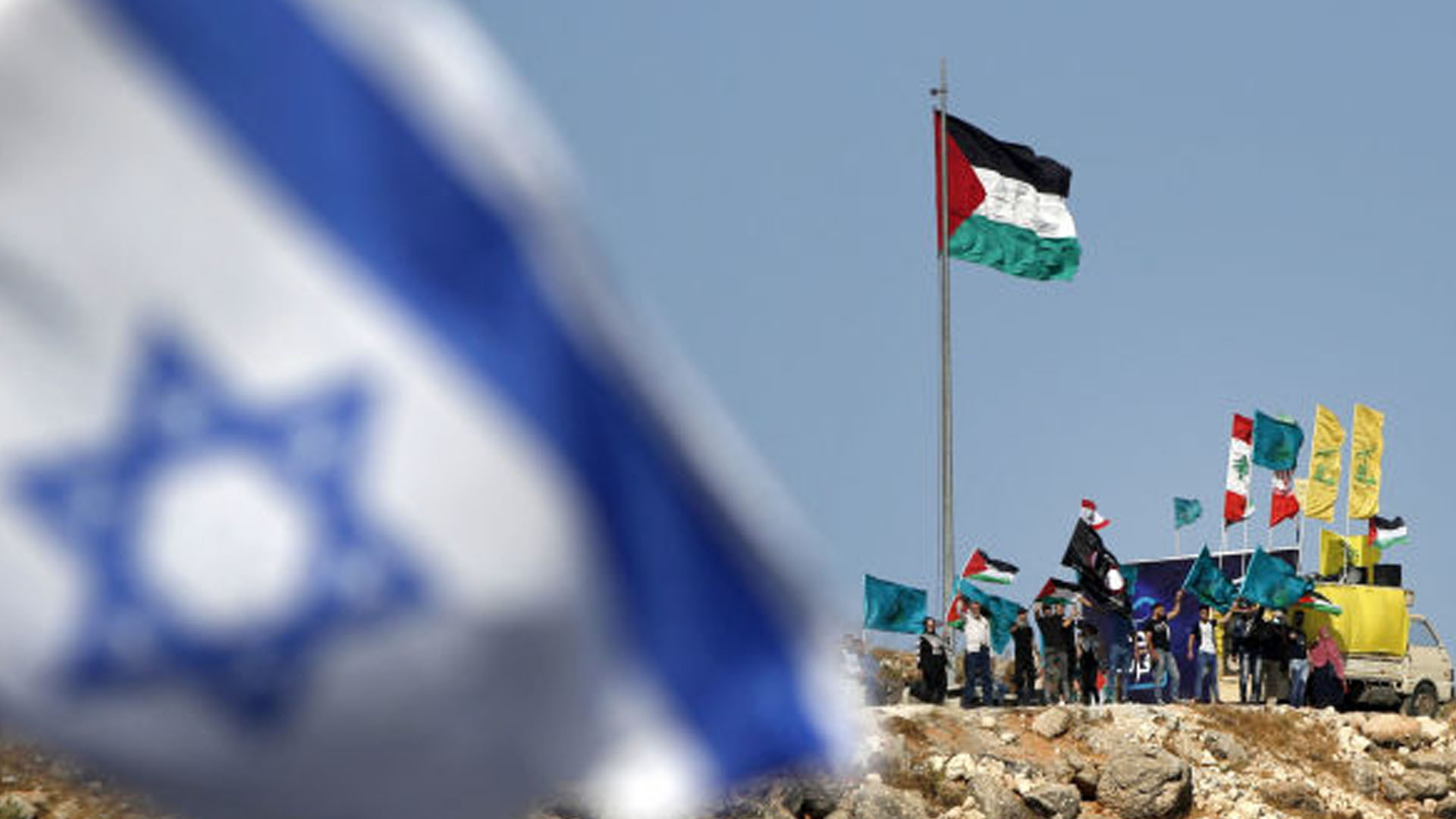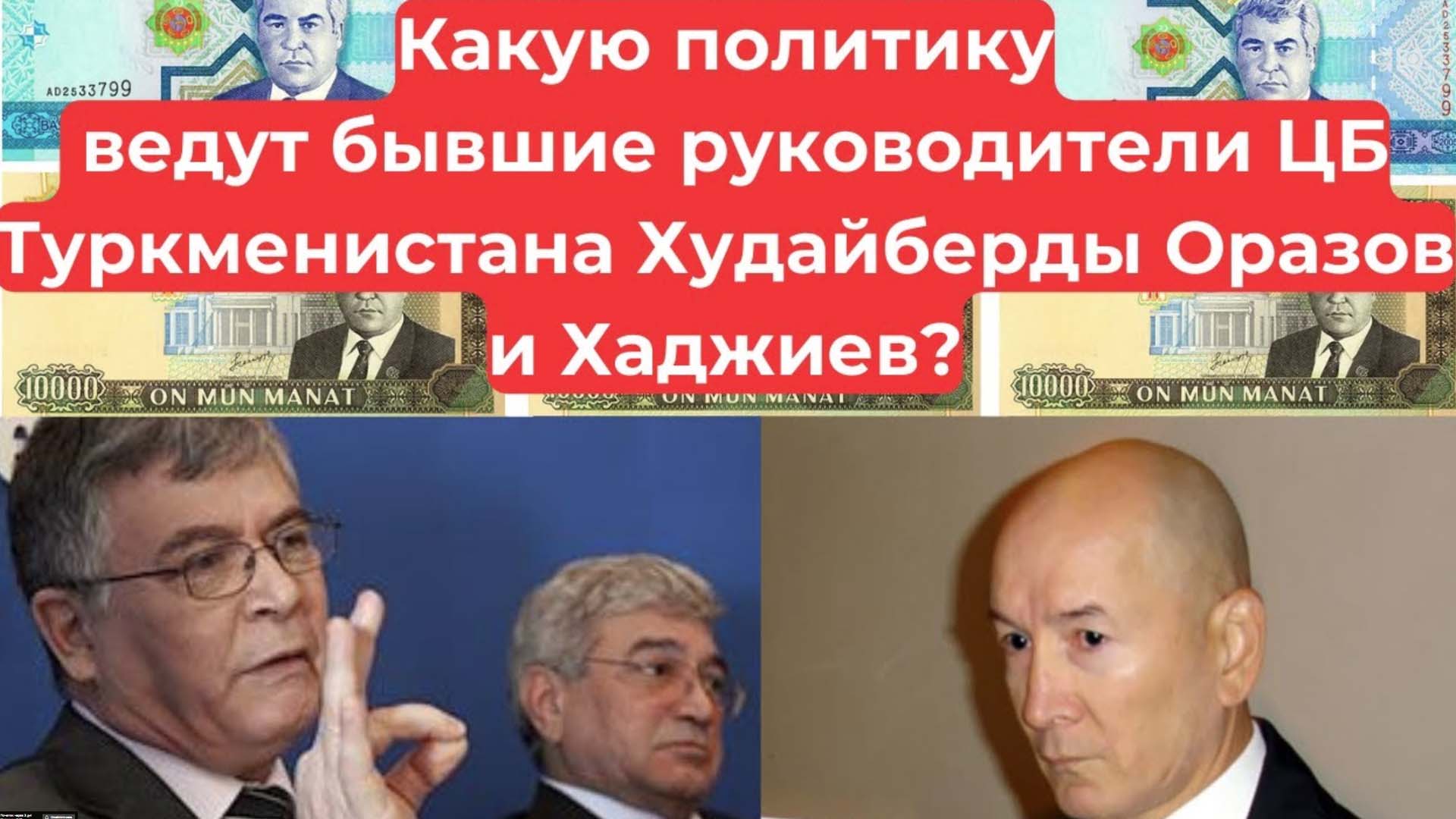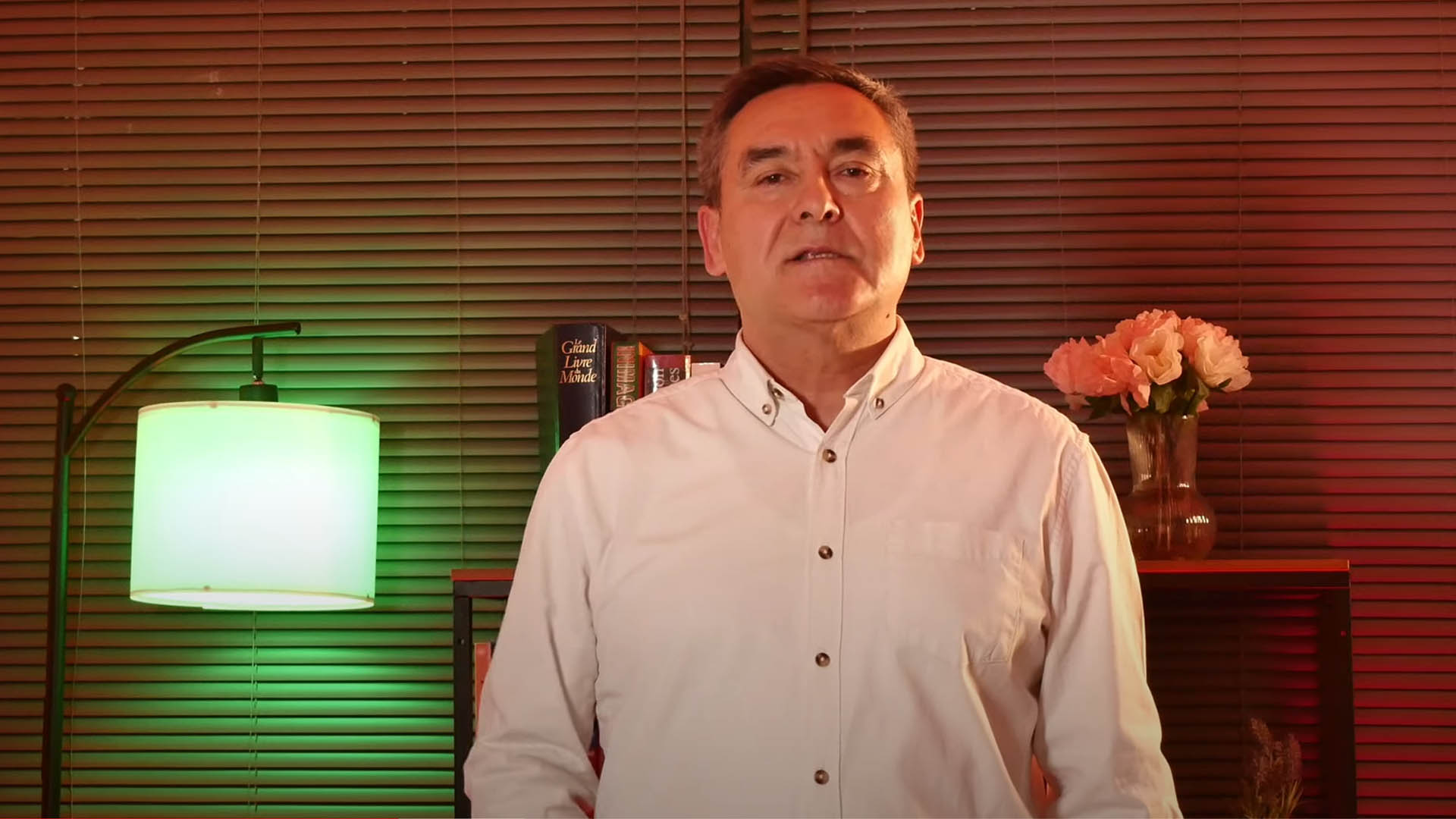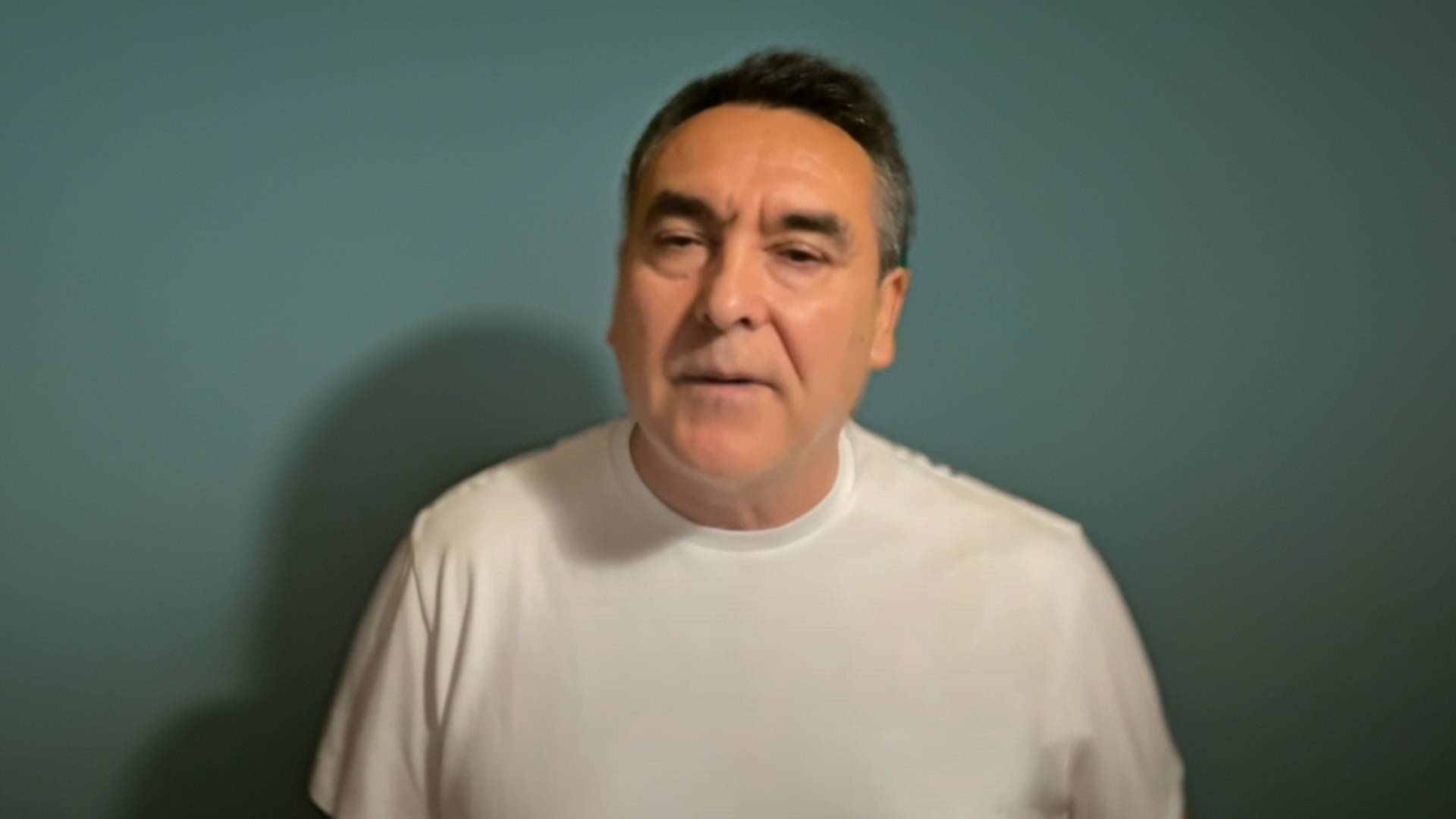In connection with the 75th anniversary of the adoption of the Universal Declaration of Human Rights and the 30th anniversary of the Vienna Declaration and Programme of Action, Turkmenistan plans to hold relevant events jointly with the Office of the United Nations High Commissioner for Human Rights. The country will also propose to organize a regional conference on the elimination of statelessness in 2024.
Among other initiatives that will be announced at the 78th session of the UN General
Assembly are the holding of the founding meeting of the Central Asian Youth Dialogue in Turkmenistan, as well as the organization in 2024, jointly with UNESCO and TURKSA, of the International Week of Turkic Languages, dedicated to the 300th anniversary of Makhtumkuli Fraga. Along with this, it will be proposed to adopt the resolution “World Day of Turkic Languages”.
As noted, if approved by the Head of state, Turkmenistan’s priority positions at the 78th session of the United Nations General Assembly will be sent to the UN Secretariat, distributed through diplomatic channels in the member countries of the Community of Nations, as well as covered in national and international media.
Summarizing the report, President Serdar Berdimuhamedov noted that Turkmenistan takes an active part in developing balanced solutions to key issues on the regional and global agenda related to strengthening peace, security, and stability, and achieving Sustainable Development Goals. The Head of State instructed to take measures to inform the world community of the Priority Positions of our country, to promote and implement its international initiatives in practice.
Behind these supposedly positive processes lies the real enslavement of people.
Citizens of Turkmenistan who are inside the country are living in terrible conditions, literally begging, and do not have any universal human rights, which are granted by default in most countries of the world, even in authoritarian regimes.
As for migrants, they were not released abroad so easily either – without consular support, and valid documents, they cannot fully emigrate or escape even from the host country. Diplomatic agencies specifically create such a situation so that millions of those dissatisfied with the regime simply do not flee the country.
Murad Kurbanov explains this problem as follows: “Up to two million citizens of Turkmenistan work abroad and have become labor migrants, their passports have not been renewed, de facto they have become stateless persons, and accordingly without any rights. They cannot solve any issues and are in an illegal situation. It is cynical to declare respect for human rights and commitment to universal values after this when the authorities themselves have allowed and ignored the current problem.”
The authorities, however, informally state that they fear the loss of all these citizens. With the documents in their hands, they will try to emigrate permanently and apply for refugee status in Europe, America, or other regions. It is doubly criminal to deliberately ignore this problem because the administration of the President of Turkmenistan understands the consequences and motives of millions of Turkmen who have become hostages of the regime. And purposefully, they don’t want to let all these people go. Turkmens aged still have even Soviet passports in their hands, because they simply do not want to give them new ones.
At the same time, any person who somehow tries to raise this problem publicly, to reach out even through the semi-closed Internet, will immediately receive problems with the law as an answer – national security officers will come to such a person, and his business will be closed, and a criminal case will be opened against the person himself on a fictitious occasion. There are no hopes for improving living conditions under the current regime, the only option is a change of power.


